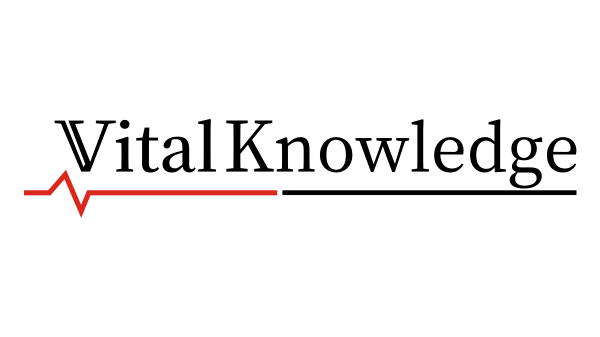Meta, the parent company of popular social media platforms such as Facebook and Instagram, is facing serious allegations regarding the handling of key mental health research. A recent report suggests that the company did not disclose findings indicating that users experienced improved mental health after abstaining from its platforms for just one week.
The research, conducted by the University of California, San Francisco, revealed that participants reported a significant reduction in anxiety and depression symptoms when they took a break from social media. This study, finalized in August 2023, has raised concerns about the implications of social media usage on mental well-being.
According to internal documents obtained by news outlets, Meta had access to these findings but chose not to make them public. Critics argue that this decision raises ethical questions about the company’s responsibility to its users. The information could influence how individuals perceive the impact of social media on their mental health.
In response to these allegations, Meta issued a statement defending its practices. A company spokesperson emphasized that the research was part of a wider exploration of mental health and social media connections. They claimed that the findings were not hidden but rather part of an ongoing dialogue that included various stakeholders.
The controversy surrounding this issue is not isolated. Reports have surfaced of similar internal studies that Meta allegedly did not disclose, leading to skepticism about its commitment to transparency. This pattern of behavior has prompted calls from mental health advocates for stricter regulations on how tech companies report research related to user well-being.
The implications of these findings are profound, especially in light of growing concerns about mental health in the digital age. With millions of people using social media platforms daily, understanding their effects on mental health is crucial. The revelation that taking a break can lead to measurable improvements underscores the potential risks associated with prolonged exposure to these platforms.
As public scrutiny intensifies, Meta may face increased pressure to provide transparency regarding its internal research. The ongoing debate highlights the need for companies to prioritize user mental health and to be open about the potential consequences of their products.
In an era where social media is deeply integrated into daily life, the responsibility of companies like Meta is under the microscope. The findings from the University of California, San Francisco serve as a reminder of the importance of mental health awareness and the need for accountability in the tech industry.







































































